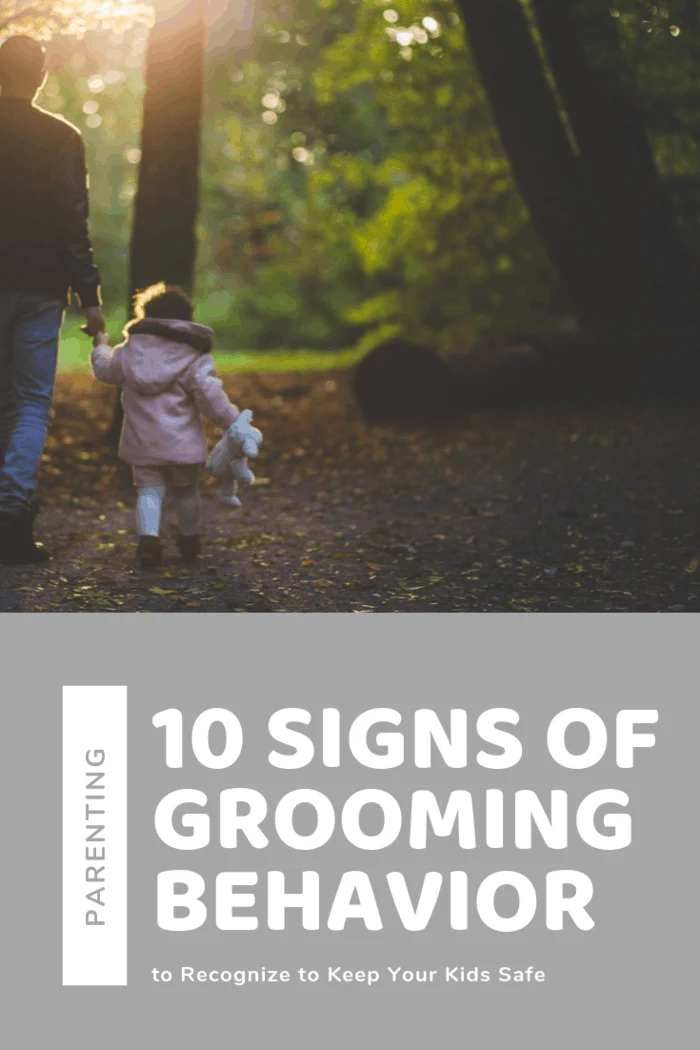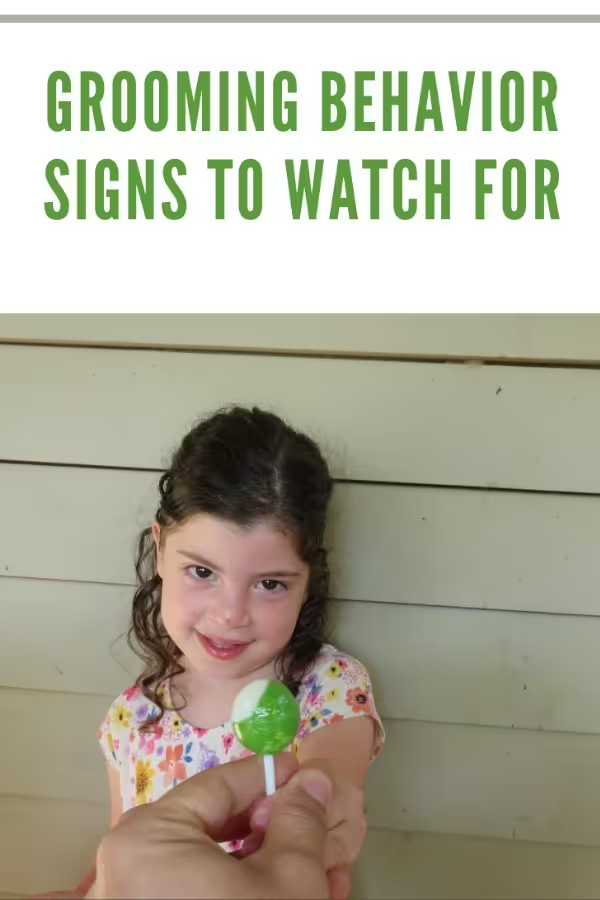Understanding the Signs of Grooming Behavior to Recognize and Prevent
Child safety is a paramount concern for any parent. Tragically, statistics reveal that three out of four sexually abused children are victimized by someone they know. Predators don’t strike suddenly; they meticulously build trust through grooming behaviors, a gradual process designed to manipulate and control. Understanding the signs of grooming behavior is crucial for parents to protect their children from potential abuse.

10 Signs of Grooming Behavior to Watch For
Seeking Out and Giving Special Attention
When an adult goes out of their way to spend time with your child and showers them with special attention, it can be a red flag. Predators often target vulnerable children, such as those living in single-parent homes or households where parents work long hours. This creates opportunities for the predator to fill a perceived void.
“Grooming is a gradual process that builds a false sense of security, making it difficult for both the child and their caregivers to recognize manipulation.” — Child Protection Specialist
2. Preying on Vulnerability
Predators are adept at targeting vulnerable children, exploiting emotional needs, family issues, or difficult life circumstances. They use these vulnerabilities to gain the child’s trust and manipulate their emotions.
According to a study by the National Center for Missing & Exploited Children, 90% of abused children knew their abuser, often due to their targeted vulnerabilities.
Has Them Believe They Are BFFs
Predators aim to become close friends with their target, learning their interests and hobbies to create a bond. They might say, “That’s my favorite candy too!” or suggest activities like attending a concert together. This false sense of camaraderie makes the child believe they are best friends.
According to the National Center for Missing & Exploited Children, 90% of abused children knew their abuser, often due to their targeted vulnerabilities.
Becomes Useful to the Family
A predator will often gain the trust of the entire family by becoming indispensable. They might offer to drive your children to school, fix things around the house, or provide emotional and financial support. By becoming a trusted friend, they can manipulate the situation to their advantage.
Research indicates that the average grooming period lasts around 6-12 months before abuse occurs.
Exploring the Motives Behind Gift-Giving
While giving gifts on birthdays or holidays is normal, an adult who gives gifts regularly without reason may be a predator. These gifts can start as simple as candy but may escalate to more elaborate and expensive items to build trust and emotional connection.
“Predators often use gifts as a way to establish control and manipulate children, making it harder for them to recognize abusive behavior.“ — Healthy Place
Finding Ways to Be Alone with Your Child
Predators will find excuses to be alone with your child, often offering to babysit, take them to movies, or invite them over to play video games. If an adult expresses unusual interest in being alone with your child, it is a significant red flag.

Convincing Your Child of a Special Bond
Predators will do whatever it takes to form a special bond, telling the child they understand them more than their parents. They might say, “I felt the same way when I was your age,” to build a connection.
“According to the National Center for Missing & Exploited Children, one of the most common tactics used by predators is to isolate their victims from their support networks, making them more reliant on the groomer.”
Contacting Your Child When You’re Not Around
Regular contact with your child when you’re not around, whether through phone calls, texts, or online messaging, is another red flag. Predators may use social media or online games to connect with your child without your knowledge.
“Groomers often portray themselves as loving and trustworthy, which can mask their true intentions and make it harder for parents to recognize warning signs.“ — Child Safety Advocate
Inappropriate Physical Contact
Testing boundaries is part of grooming behavior. A predator might start with innocent touches like a hug or a back rub in front of parents. Gradually, this can progress to more inappropriate behavior.
A report by the American Psychological Association found that survivors of grooming often experience long-term psychological effects, including anxiety, depression, and relationship difficulties.
Sharing Dirty Jokes or Inappropriate Content
As grooming progresses, a predator may tell dirty jokes or show pornography to desensitize the child. This behavior can lead to unusual sexual behavior in children.
“Children who are exposed to inappropriate content may struggle with confusion and emotional distress, making it vital for adults to stay alert and provide guidance.” — Child Safety Advocate
Keeping Secrets with Your Child
Predators often encourage children to keep secrets. Innocent secrets can escalate to cover up abusive acts, isolating the child and making them feel they can’t tell anyone else.
According to the National Center for Missing & Exploited Children, 1 in 10 children will be approached by an online predator, highlighting the importance of monitoring interactions and educating children about boundaries and safety.
Take Action
To protect your children, talk to them about appropriate and inappropriate behavior. Recognizing the signs of grooming behavior can help keep your family safe. If you suspect your child is being groomed or has been sexually assaulted, act quickly. Remember, rape is a crime.
By incorporating these detailed signs and strategies, you can better safeguard your child from the dangers of grooming behavior.


